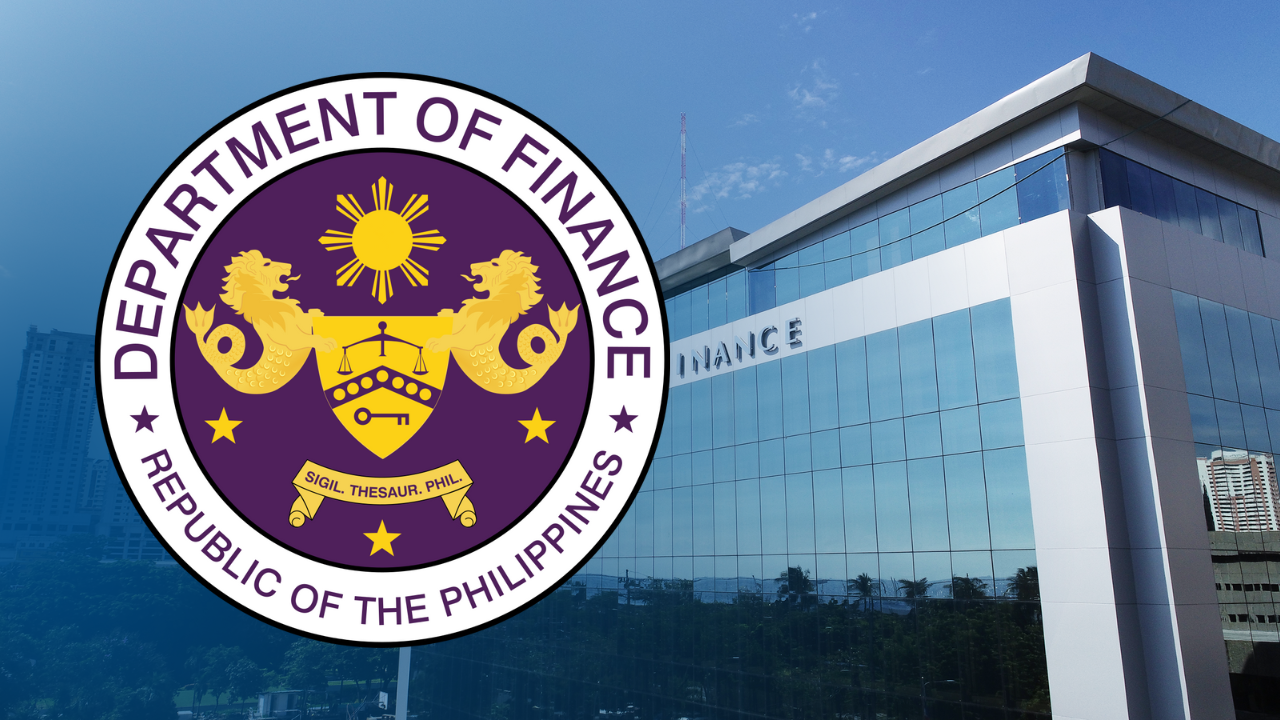DOF fiscal plans aims to meet Filipinos needs

Department of Finance | FILE PHOTO
Finance Secretary Ralph Recto has stressed that any financial strategies used by the Department of Finance (DOF) to fund public projects will ensure that the government can still meet the essential needs of Filipinos.
“The temptation to impose additional taxes is there. But in the face of high inflation in the last two years, we chose other means of revenue generation that will not unduly burden ordinary Filipinos,” Recto said in a statement on Thursday.
READ: BIZ BUZZ: How much is too much? Recto on Maharlika execs’ salary
Looking back, the finance chief said that there will be no new taxes during the remaining years of the Marcos administration and would instead focus on improving tax collection efficiency.
As the government plans to double nontax revenue collections this year to P400 billion, the DOF increased the dividend remittance rate from state-owned corporations to 75 percent of their earnings from 50 percent previously.
Article continues after this advertisementThe finance department is also selling off some of the underperforming and unused government assets through privatization.
Article continues after this advertisementREAD: Star City property up for sale, says DOF
Last month, the government successfully sold its 2.61-percent stake in Manuel Pangilinan-led NLEX Corp. amounting to P2.5 billion. Meanwhile, it is planning to sell the Star City property which has a zonal value of P14 billion as of September last year.
“These are now among our major sources of nontax revenues,” Recto said.
As part of adjusting fiscal goals, he updated the department’s key revenue proposals in Congress to increase resources without overburdening the public
Among the measures included are applying value-added tax to foreign digital service providers, introducing an excise tax on single-use plastic bags, implementing package four of the comprehensive tax reform program, rationalizing the mining fiscal system, and adjusting the motor vehicle user’s charge.
Recto also reiterated the DOF’s move in collecting the excess and unused funds of state-owned corporations, particularly Philippine Health Insurance Corp. and Philippine Deposit Insurance Corporation, will be “strictly be used for the projects in health, education, social services, and infrastructure as identified under the Unprogrammed Appropriations of the 2024 General Appropriations Act.”
“It was a mandate we faithfully complied with based on the merit of our cost-benefit analysis and the legal railguards spelled out in legal opinions by the Office of the Government Corporate Counsel, the Governance Commission for GOCC, and Commission on Audit,” he added.